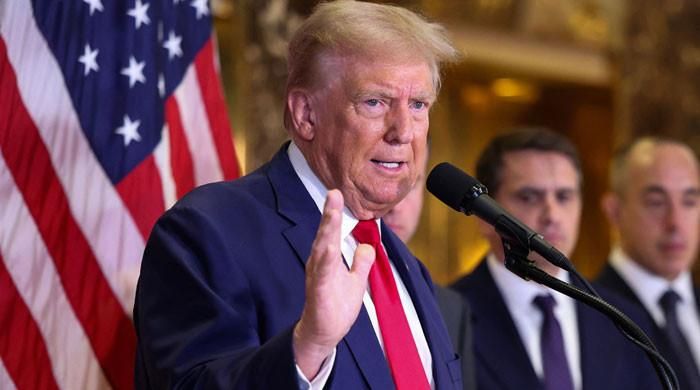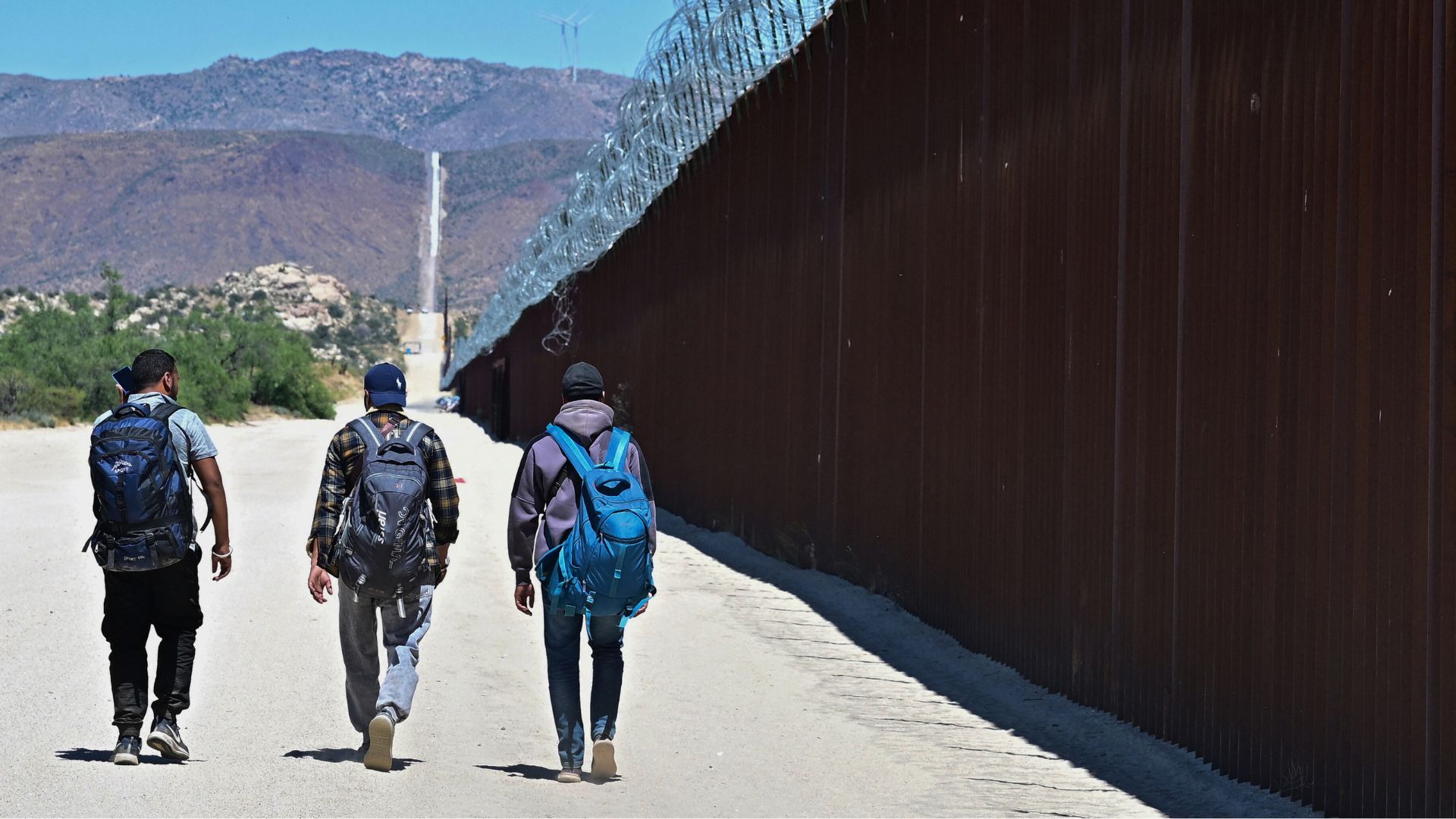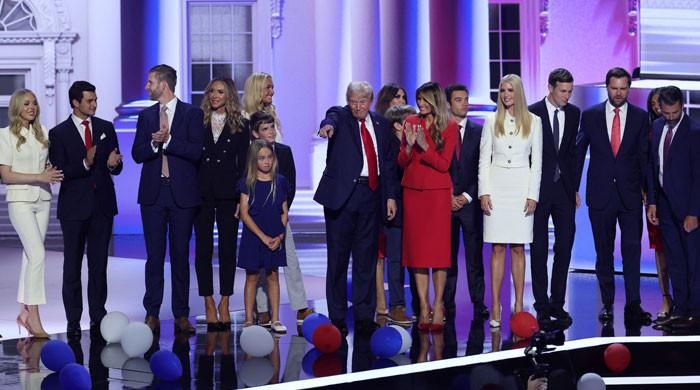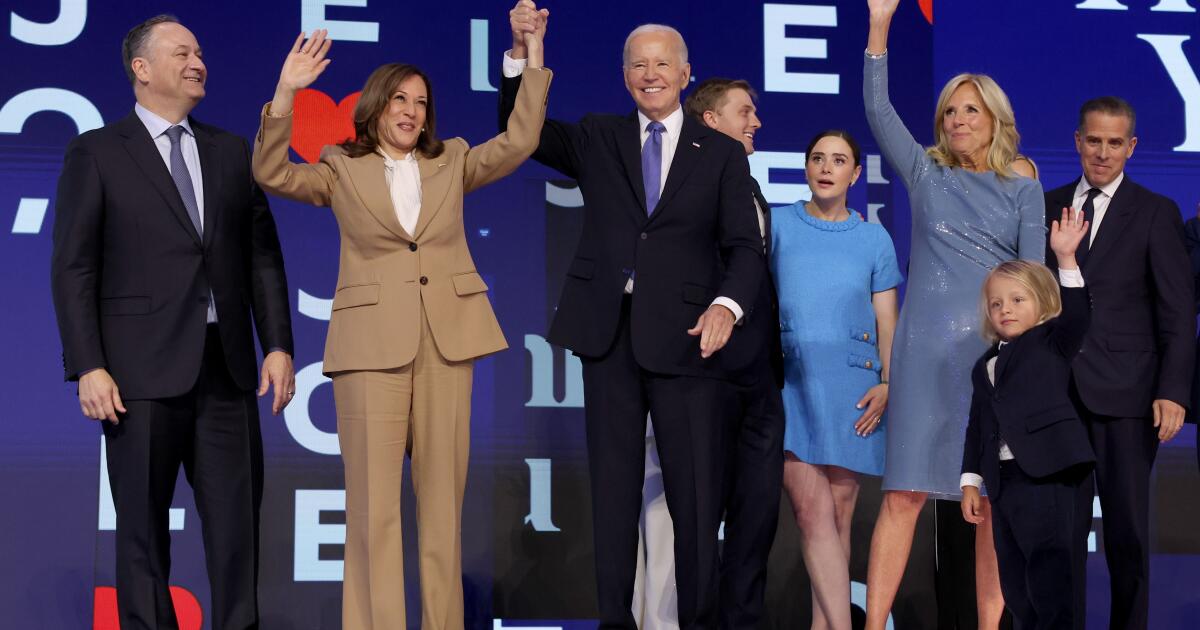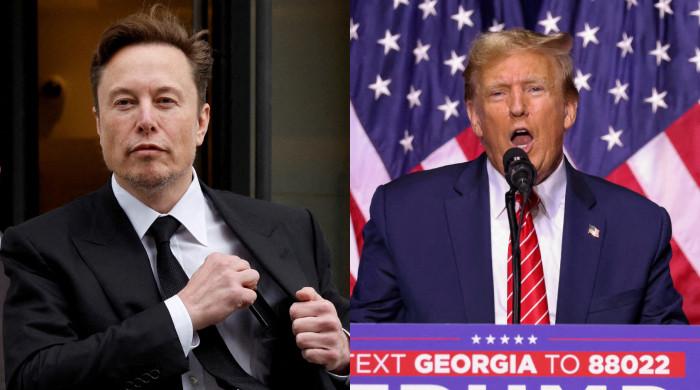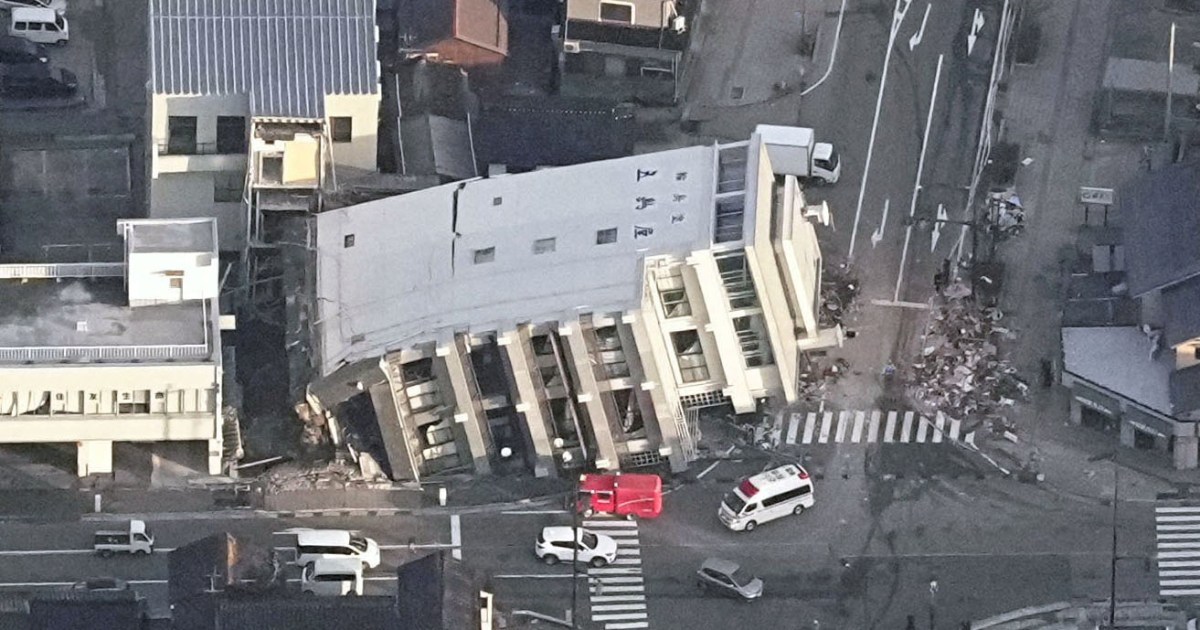- The delay comes after the US Supreme Court's ruling on immunity for former presidents.
- Judge Merchan says he will rule on the motion to dismiss on November 12.
- Trump denies allegations of sexual harassment or assault.
NEW YORK: Donald Trump's sentencing in his New York trial over his supporters' silence was delayed on Friday until after the November presidential election, a victory for the Republican as he battles Democrat Kamala Harris in a tight race.
The former president was scheduled to be sentenced on Sept. 18 for falsifying business records in a scheme to silence a porn star's politically damaging story.
But Judge Juan Merchan postponed it until November 26, well after the November 5 election, as requested by Trump's lawyers.
“This is not a decision that this Court takes lightly, but is the decision that, in the opinion of this Court, best promotes the interests of justice,” he wrote in his decision.
Trump was convicted in May on 34 counts of tampering with business records to cover up hush money payments to porn star Stormy Daniels to prevent her from disclosing an alleged sexual encounter on the eve of the 2016 election.
He was originally scheduled to be sentenced on July 11.
But that was delayed after the U.S. Supreme Court ruled that a former president has broad immunity from criminal prosecution.
Trump's lawyers asked that his conviction in New York be thrown out following the Supreme Court's immunity ruling. Merchan said he would rule on the dismissal motion on Nov. 12.
The postponement comes as the already extraordinary race for the White House enters a tense new phase, with Harris and Trump set to hold their first televised debate next Tuesday.
Hours before the ruling, instead of addressing key issues for voters like immigration or the economy, Trump was in New York making rambling comments about his myriad legal troubles while denying allegations of sexual harassment or assault from multiple women.
“This is not the kind of publicity you want,” Trump acknowledged from the lobby of Trump Tower as he spent an hour, unprompted, reminding voters of his extensive legal troubles and allegations of rape and sexual assault by several women, including the writer E. Jean Carroll.
The legal drama unfolded on the day the first mail-in ballots were due to be distributed.
The swing state of North Carolina was set to mail out about 130,000 absentee ballots, marking the symbolic start of a nationwide process in which 155 million Americans cast ballots during the bitter 2020 election.
But a state appeals court halted the process after a last-minute lawsuit filed by independent candidate Robert F. Kennedy Jr. seeking to have his name removed from the ballot. The fringe candidate from America's most famous political family has dropped out and endorsed Trump.
North Carolina is one of a handful of key states that Harris and Trump have been touring as they embark on the most intense phase of an election expected to be decided by razor-thin margins.
Other states will soon follow suit by mailing out the first batches of ballots, and in-person early voting will begin in 47 states starting September 20.
Trump is scheduled to give a speech later Friday in North Carolina.

